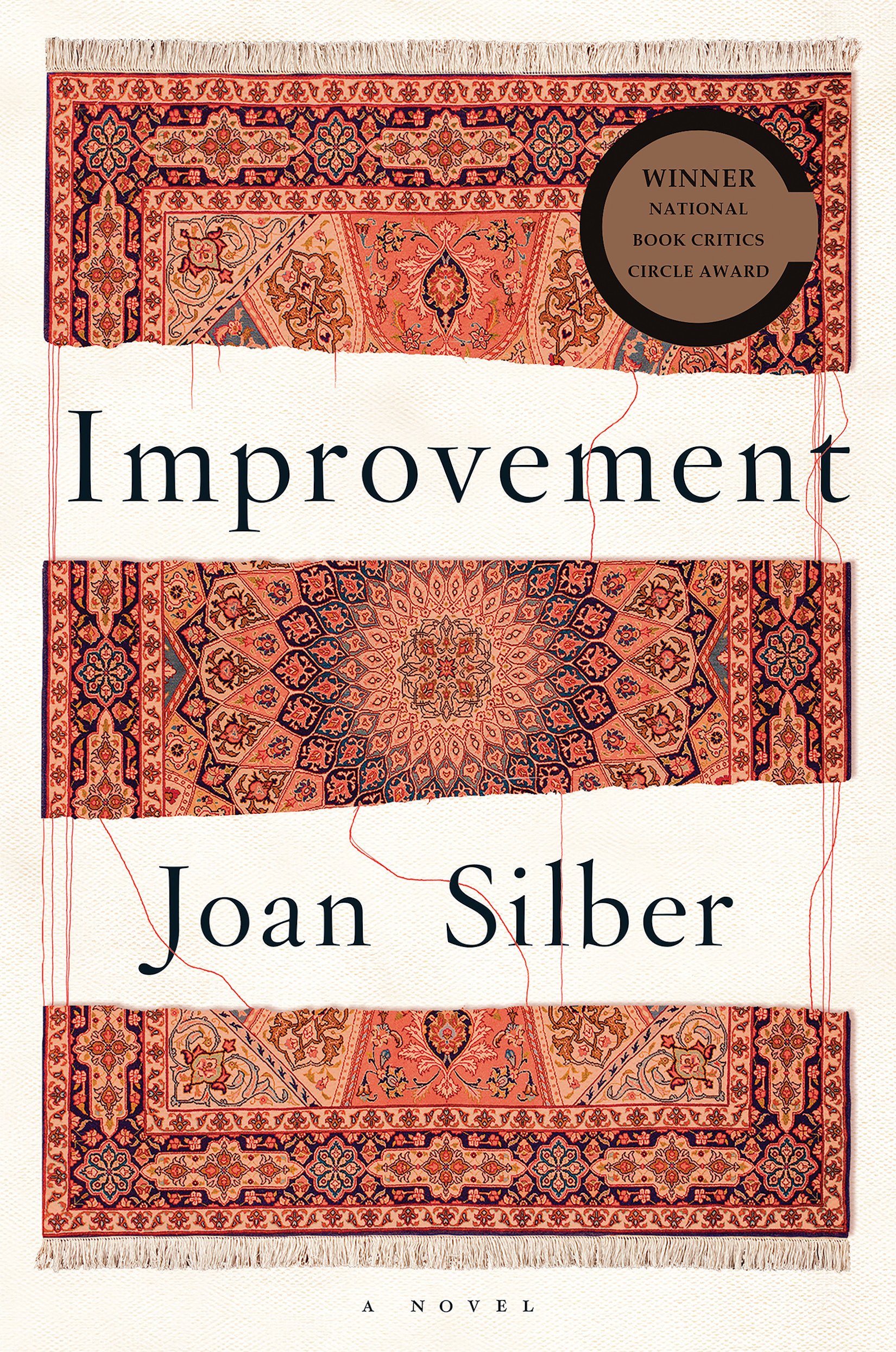Faculty Picks: Thrasher and Silber
Richard Adams Carey-- Sometimes a book comes way out of nowhere to knock you breathless. This is what I wrote in the annotated bibliography accompanying my first book, Raven’s Children: “A harrowing memoir by an Inupiaq Eskimo who is an alcoholic is to be found in Anthony Apakark Thrasher’s Thrasher: Skid Row Eskimo (Toronto: Griffin House, 1976).”
I found it somewhere on a bookstore’s table of publishers’ remainders. I was then still in the process of writing about a Yupik Eskimo family under siege from alcoholism, and I took a four-dollar chance on this obscure memoir of a solitary life eclipsed by the bottle.
But what a life and what a story. One of 21 children raised in a caribou-skin tent in the Canadian Arctic village of Tuktoyaktuk, and taken in 1943 at age six to a distant Catholic boarding school, Tony Thrasher was among those generations of Native American children whose original sin was their language, their culture, their parentage, their skin color.
No, this is not the inspirational story of someone who finds a way to rise above abuse and mistreatment. Instead Thrasher wanders through Canada from job to job, from woman to woman, frequently drunk. He was convicted of murdering a man in an alcoholic blackout and imprisoned for seven years. The story ends with Thrasher heading back to prison, this one for the criminally insane. There he disappears from history.
But his memoir crackles with storytelling verve, its byways lit by dream sequences, folktales, childhood memories, ancestral myths, as befits a man fathered by a shaman.
The two white reporters who helped assemble this manuscript were skeptical of some of Thrasher’s personal stories. But the tales and their evocative details all could be verified. “Right down to the name of the aircraft which is in Thrasher’s script but not in Jane’s ‘All the World’s Aircraft,’” they wrote. “De Havilland said there had been such a plane, just one, and that it had operated where and when Thrasher had specified.”
This really is Thrasher’s story, not theirs, dredged honestly from hell, and it’s both terrible and beautiful.
Katherine Towler-- Joan Silber’s Improvement, her eighth book, won the 2018 Pen/Faulkner Award in Fiction and the National Book Critics Circle Award in Fiction. The fact that these accolades have come when Silber is 72, after years of steadily working and publishing and being known by a small band of followers, many of them fellow writers, is something to celebrate.
Silber has created a unique hybrid in this book that is equal parts novel and linked story collection. Her focus moves from a single mother living with her young son in Harlem to the woman's ex-boyfriend and his involvement in a scheme to make money by smuggling cigarettes across state lines. Improvement initially appears to be a composite portrait of a close circle of characters living in Harlem, but then it moves farther afield, to Turkey and Europe, and jumps back in time forty years. Only a thin thread at first connects these narratives. As the chapters unfold, however, a large canvas becomes apparent, with a series of startling links revealed. Silber creates a sweeping narrative that is rooted in small moments and a close rendering of character. She accomplishes this feat of storytelling by allowing one character’s story to rest beside another’s without commentary or overt nods to their connections.
Her natural, easy style makes a highly plotted book feel completely unforced. Silber renders her characters with a light but deft touch and a bemused distance. Her quick insights into their inner states come as moments of divine revelation, but just as quickly, she’s back to the business of daily life. Silber’s nimble handling of both structure and character, and her wonderfully wry and effortless voice, make this book a pleasure to read and one to study for its masterful technique.


